5 Novels About Intimacy That Are Actually Worth Reading
Some novels centered on intimacy and relationships are genuinely worth your time—if you enjoy thoughtful storytelling. Others lean too hard on shock value or forget that strong writing still matters. This list focuses on books with meaningful narratives, complex characters, and something deeper to say about vulnerability, power, and connection.
If you’re tired of formulaic plots and one-note characters, these books might surprise you. They’re thought-provoking for a reason—and worth exploring.
Fifty Shades of Grey by E.L. James
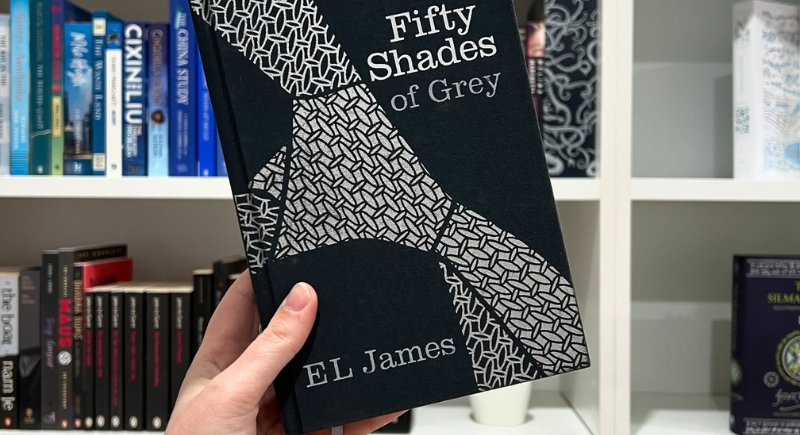
Credit: Instagram
This book helped launch a modern wave of relationship-centered fiction and went viral fast. It drew public attention to themes of emotional control and mutual trust. While critics often panned the writing, it struck a chord with millions and opened doors to conversations people hadn’t had before.
Delta of Venus by Anaïs Nin
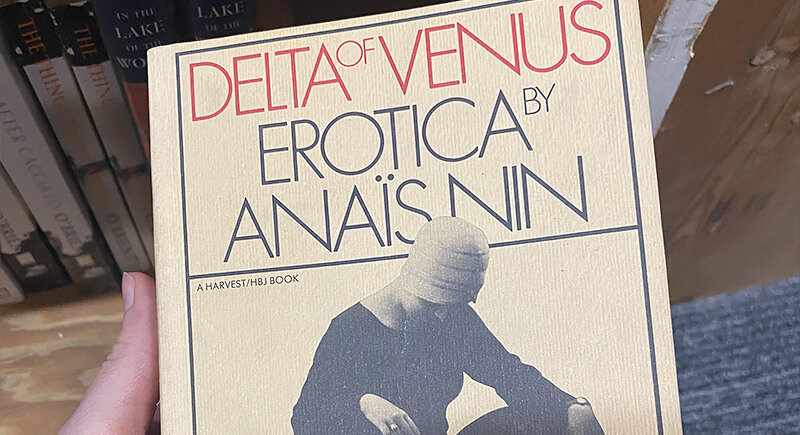
Credit: Reddit
Anaïs Nin wrote about personal longing with poetic detail. These stories explored feminine perspectives during a time when that wasn’t common. Her writing style is immersive and lyrical, which is why artists and writers still look to her work for creative inspiration.
Story of O by Pauline Réage
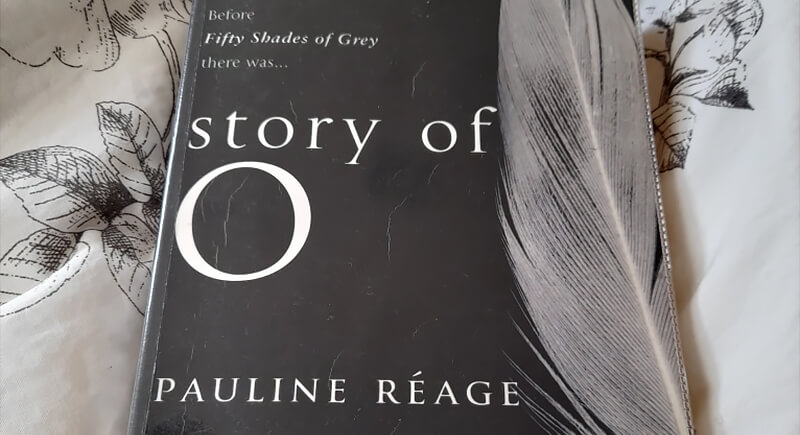
Credit: Reddit
When this novel was released in the 1950s, it sparked national controversy. The central character enters a world of surrender by choice, which raises questions about love, control, and personal identity. It continues to be debated today for its bold look at personal agency.
The Claiming of Sleeping Beauty by Anne Rice (as A.N. Roquelaure)
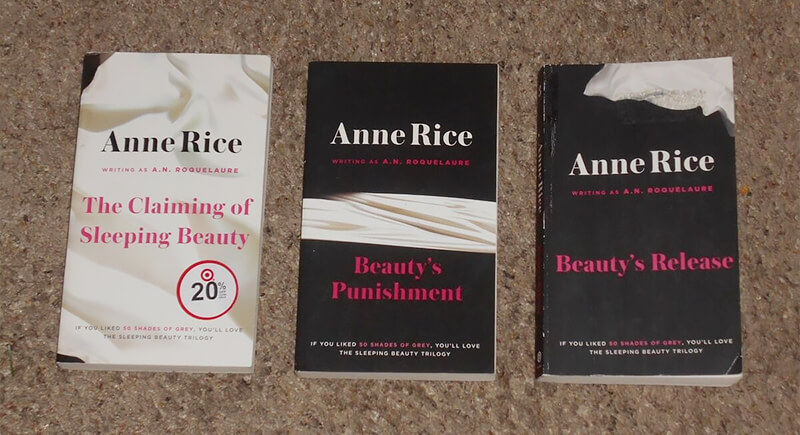
Credit: ebay
Anne Rice reimagined a classic fairy tale as a surreal, grown-up fantasy. Instead of the traditional romantic awakening, this version focuses on a journey of self-discovery. It combines dreamlike settings with themes of trust, curiosity, and emotional transformation.
Nine and a Half Weeks by Elizabeth McNeill
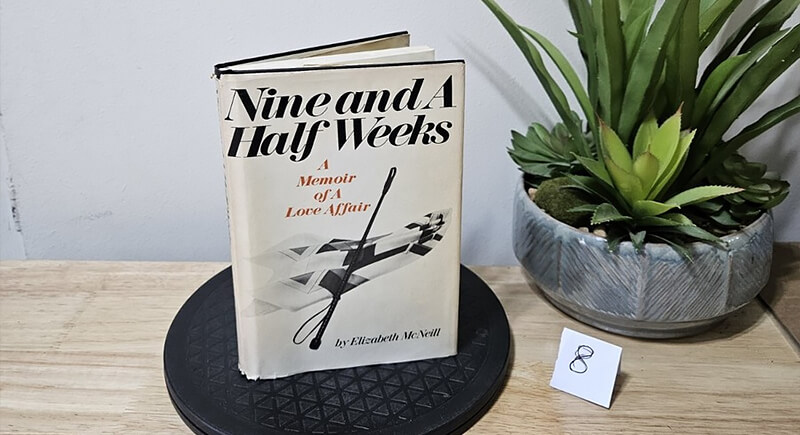
Credit: ebay
This is a memoir rather than a fictional story. McNeill recounts a relationship that begins with fascination and ends in emotional unraveling. She tells it without glossing over the painful parts, and that honesty makes it hit harder. It captures the fine line between affection and unhealthy attachment.
Emmanuelle by Emmanuelle Arsan
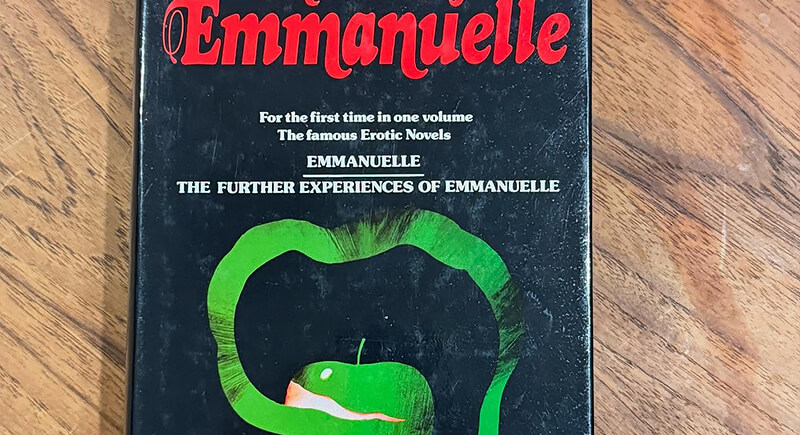
Credit: Instagram
This novel became a cultural talking point in France during the 1960s. It follows a young woman navigating new experiences while questioning traditional norms. Set in Bangkok, the story paints a picture of independence and inner freedom that felt progressive for its time.
Tropic of Cancer by Henry Miller
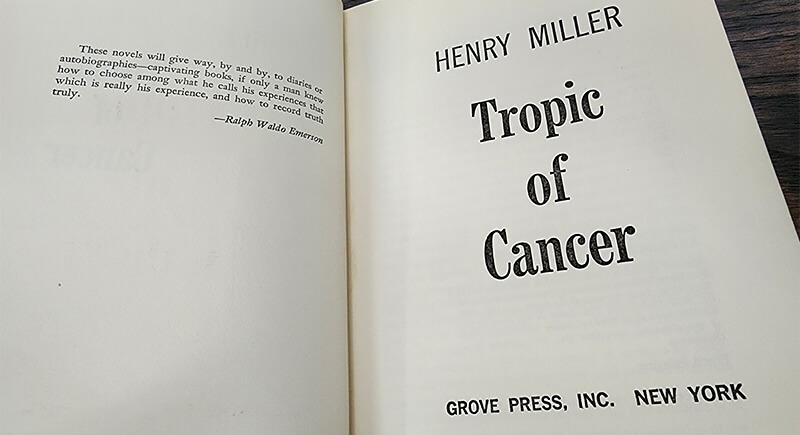
Credit: ebay
Once banned in the U.S. for its content, this book ultimately became a literary landmark. Miller’s chaotic, spontaneous style explores survival and artistic ambition during his time in Paris. He didn’t shy away from life’s raw experiences, which helped expand the boundaries of modern literature.
Lady Chatterley’s Lover by D.H. Lawrence
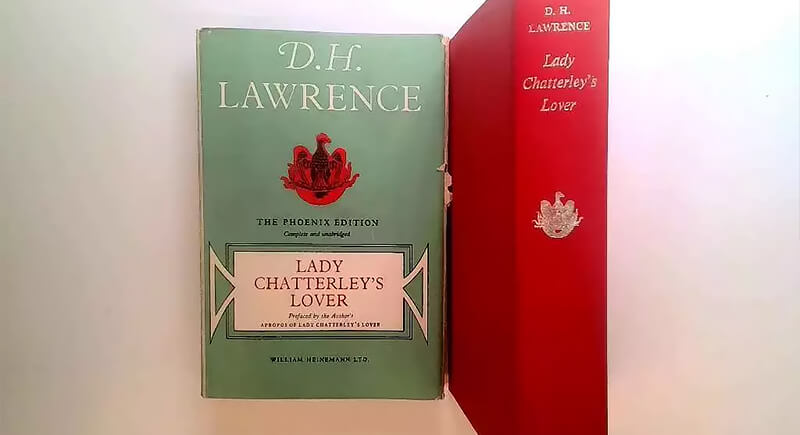
Credit: ebay
This novel led to a major court case in Britain due to its frank portrayals of physical connection. Lawrence used the story to challenge emotional repression and class barriers. His belief that physical love could carry spiritual weight still feels daring even today.
Venus in Furs by Leopold von Sacher-Masoch
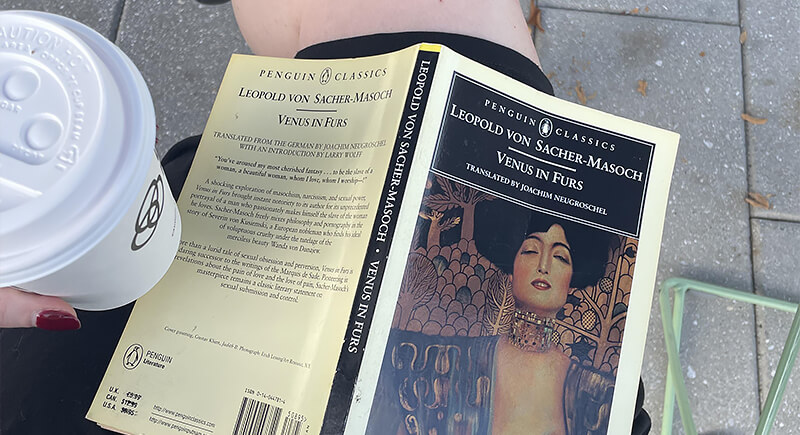
Credit: Reddit
This 19th-century novel gave rise to psychological terms still used today. It tells the story of a man who seeks complete emotional submission to a powerful woman. The writing explores themes of fantasy, personal obsession, and power dynamics—well ahead of its time.
The Unbearable Lightness of Being by Milan Kundera
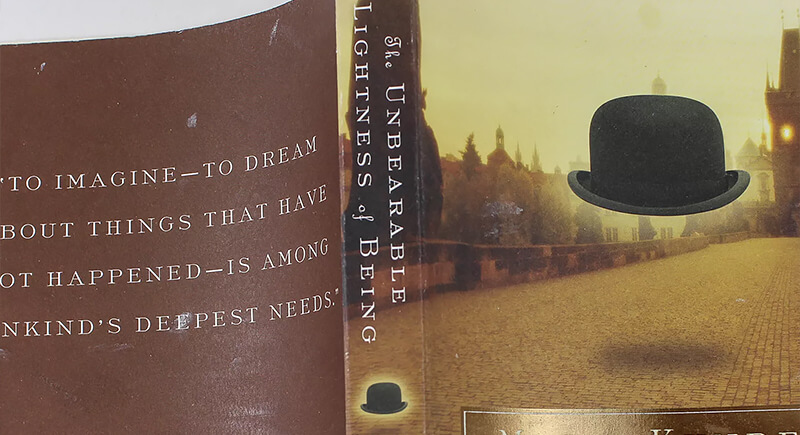
Credit: ebay
Set during the Prague Spring, this novel combines political tension with personal relationships. The characters navigate love, fear, and morality under an oppressive regime. Scenes of intimacy serve a greater purpose—showing how people search for meaning when everything around them falls apart.
The Lover by Marguerite Duras
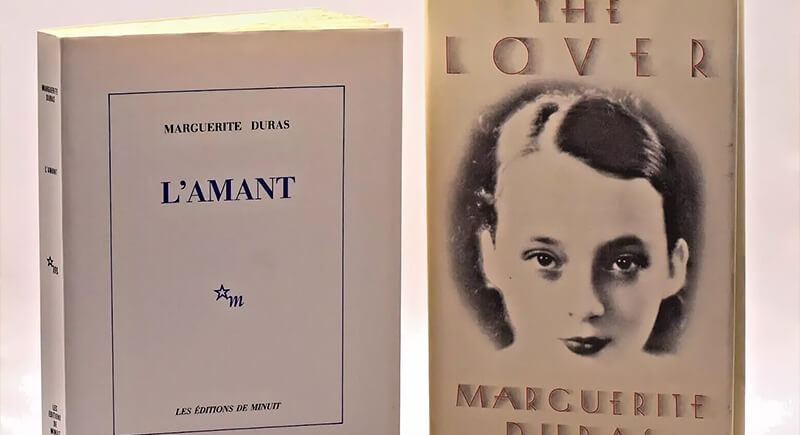
Credit: ebay
Based on Duras’s life, this novel recounts a teenage girl’s relationship with a wealthy man in 1930s Vietnam. Her storytelling is subtle but emotionally charged. Instead of over-explaining, she lets the tension build slowly and gives readers space to feel the complexity of young adulthood.
Crash by J.G. Ballard
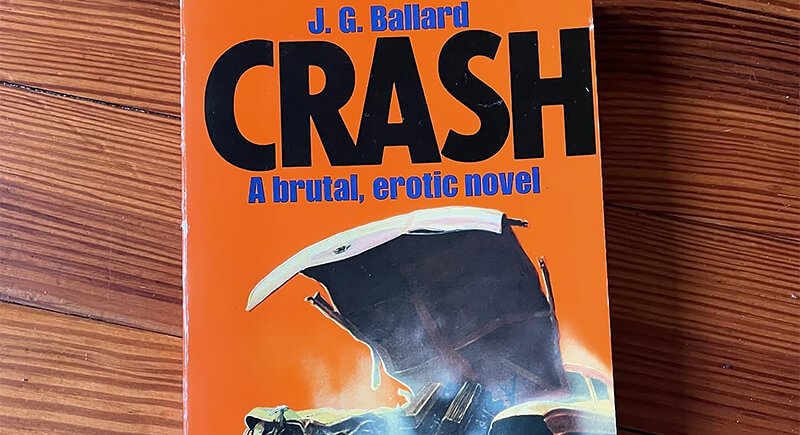
Credit: Instagram
Ballard imagines a world where trauma and technology intersect in strange ways. The book isn’t intended to unsettle readers. It examines how modern life can reshape the way people form attachments, especially when thrill-seeking overshadows emotional well-being.
American Psycho by Bret Easton Ellis
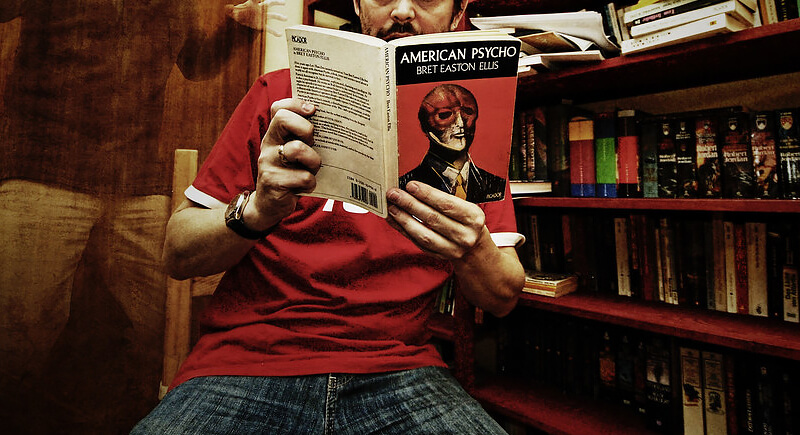
Credit: flickr
This novel sees materialism with chilling detachment. While it contains graphic elements, it serves a purpose. Through Patrick Bateman, Ellis critiques a world obsessed with appearance and control, where even the most personal experiences become hollow performances.